Lumber businesses in the Philippines face numerous challenges, including fluctuating raw material costs, complex inventory management, and forecasting demand. Enter the lumber industry ERP system, a powerful tool that unifies operations, automates workflows, and provides real-time visibility across the supply chain.
As the industry evolves, so does the need for smarter, faster, and more integrated solutions. Whether you’re a sawmill, distributor, or custom wood product manufacturer, adopting the right manufacturing ERP system could be the game-changer your business needs to thrive in an increasingly competitive market.
Gustong malaman kung ano ang lumber ERP system at kung paano nito mapapahusay ang pagpapatakbo ng iyong negosyo? Read this article as we will discuss lumber industry ERP System and top software recommendation in The Philippines.
Key Takeaways
|
Table of Contents
What is the Lumber Industry ERP System?
A Lumber Industry ERP System is a specialized Enterprise Resource Planning software designed to manage and streamline the operations of businesses involved in wood processing, timber trading, furniture manufacturing, sawmills, and lumber distribution.
It integrates various business functions—such as inventory management, procurement, production, sales, job costing, and accounting—into a single platform tailored to the unique needs of the lumber sector.
In the Philippines, where the lumber industry plays a crucial role in construction, furniture exports, and local manufacturing, manufacturing software systems help address common challenges, such as tracking and managing raw wood materials, forecasting demand amid market fluctuations, and handling custom orders for millwork or engineered wood.
How the Lumber Industry ERP System Works?

Here’s how a Lumber Industry ERP System works:
1. Centralize all business operations
It brings together key processes like purchasing, inventory, production, sales, and finance into one system. It monitors stock levels in real time, so you always know what material requisition or finished products are available and where they are stored.
2. Automates and tracks workflows
The system automates tasks and keeps real-time records of materials, orders, and financials to reduce errors and save time. The ERP helps plan and schedule wood processing tasks, making sure machines and workers are used efficiently.
3. Provides insights for better decisions
It generates reports and data analysis to help managers plan smarter, improve efficiency, and grow the business. It provides detailed reports and insights to help managers make better decisions and improve operations.
Instead of using separate tools for each task, everything is done in one place, making work faster, more accurate, and easier to control. This helps businesses save time, reduce errors, and grow more efficiently.
The Top 10 ERP Systems for the Lumber Industry
Here are the Top 10 ERP Systems for the Lumber Industry in the Philippines, each offering unique features suited for sawmills, wood processors, timber distributors, and furniture manufacturers:
1. HashMicro ERP systems for the lumber industry
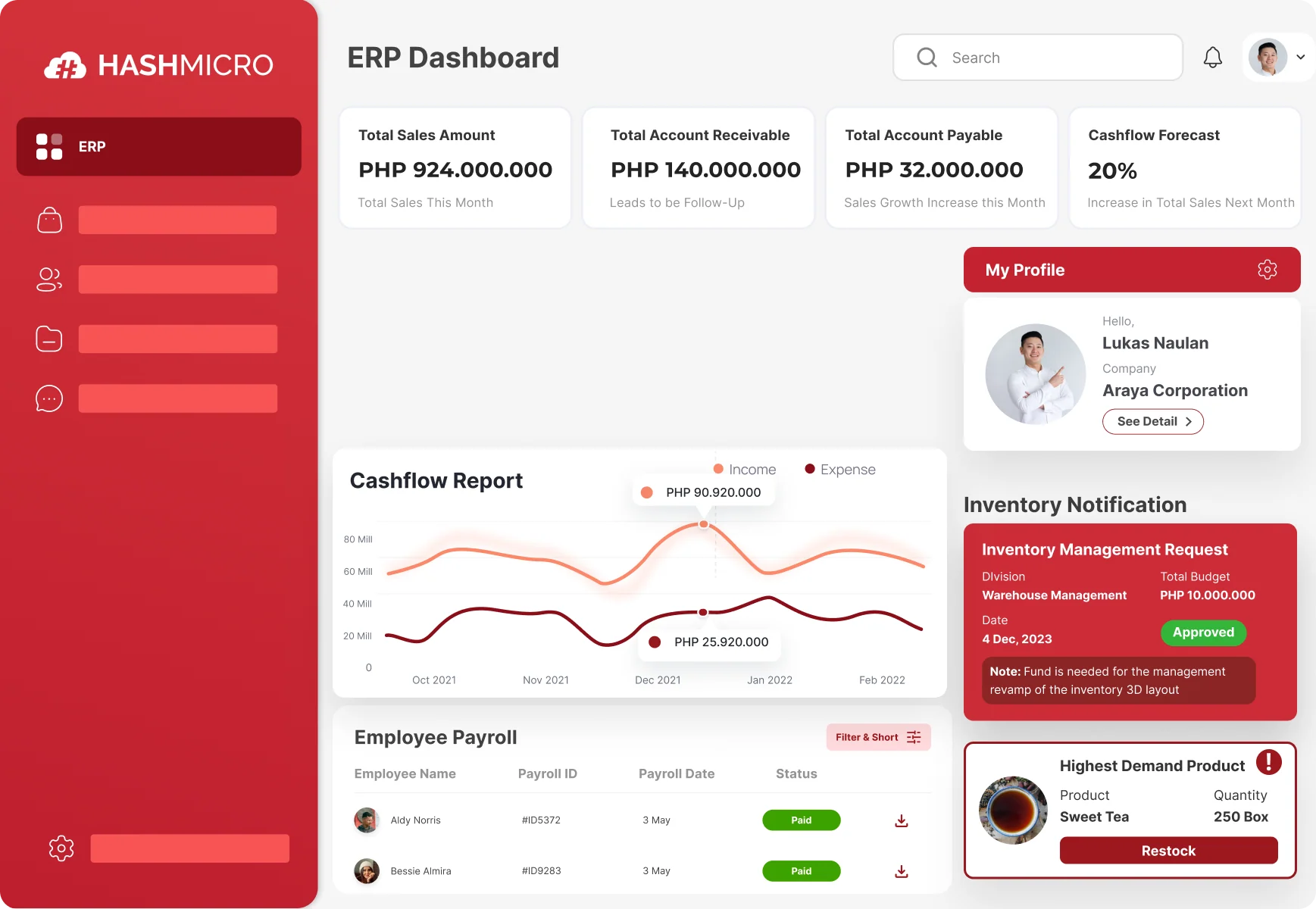
HashMicro ERP for the Lumber Industry can significantly help the Philippine lumber industry by streamlining operations, reducing manual processes, and improving profitability through automation and data-driven insights.
Here are our key features of the HashMicro ERP System:
- Inventory & warehouse management: HashMicro automates inventory tracking, ensuring real-time visibility into raw materials and finished goods, as well as batch and serial number tracking and stock level alerts to prevent overstocking or shortages.
- Production and manufacturing automation: For lumber mills, HashMicro’s Manufacturing System helps automate the production process by planning and scheduling cutting, treating, and finishing operations, monitoring machine usage and maintenance, and tracking work-in-progress (WIP) for better control.
- Sales and order management: Speed up and simplify order processing, integrate quotation to invoice workflow, real-time updates on pricing, taxes, and stock availability, and customer relationship management (CRM) for B2b or retail lumber buyers.
- Procurement and supplier management: Efficiently manage local and imported lumber supplies, automate purchase requests and approvals, compare supplier prices and lead time, and monitor delivery schedules and quality.
- Accounting and financial control: Handle complex cash flow and high-value transactions with ease, auto-generate financial reports, monitor costs across departments, and integrate payroll and expense management.
| Pros | Cons |
|---|---|
|
|
Curious how much efficiency could cost you? Explore HashMicro’s pricing scheme below and discover a powerful solution that suits your budget and business needs.

2. Oracle
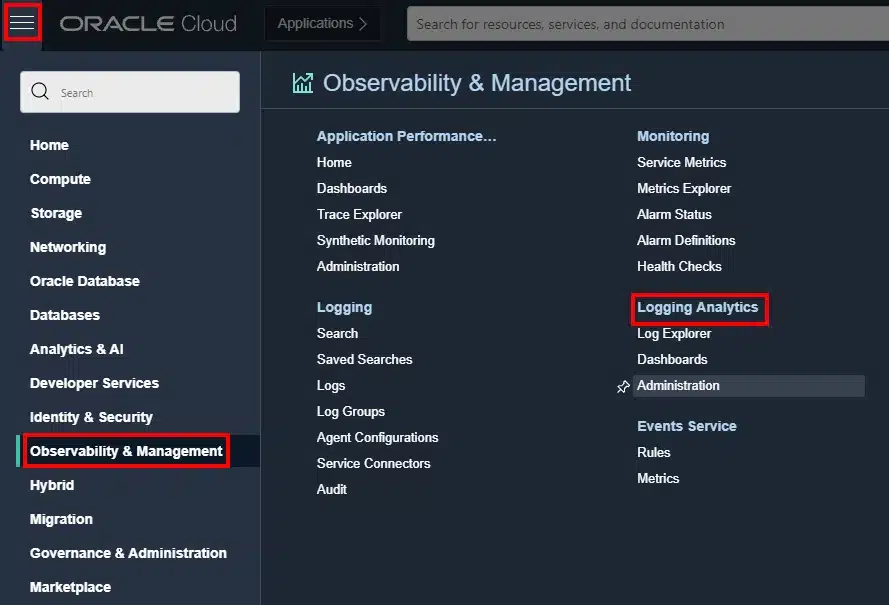
Oracle ERP for the lumber industry features include:
- Real-time data and analytics
- E-commerce integration
- Customer Relationship Management (CRM)
| Pros | Cons |
|---|---|
|
|
3. Epicor
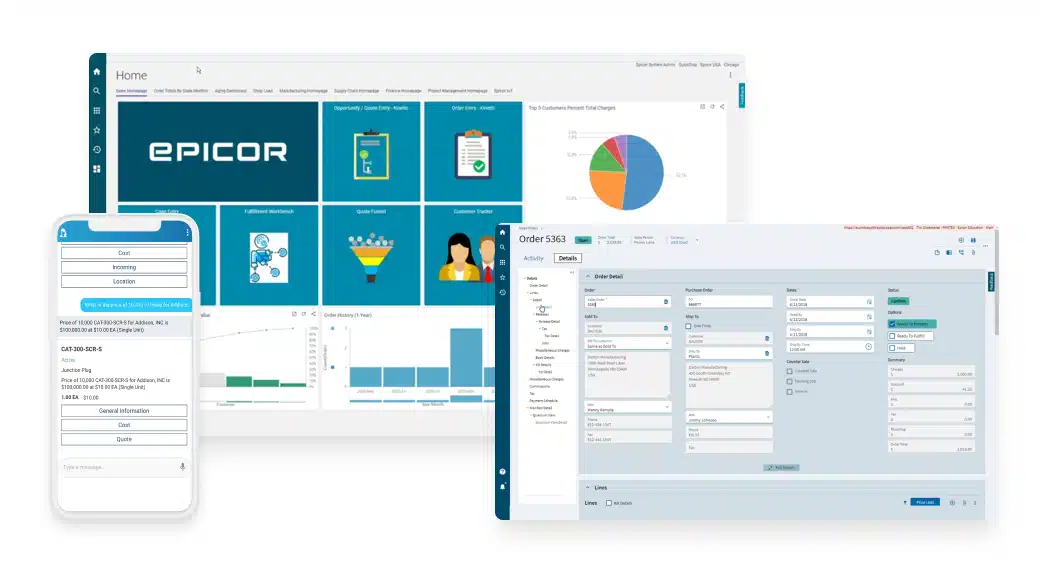
Epicor ERP for the lumber industry features include:
- Lumber-specific functionality
- Unified platform
- Custom pricing models
| Pros | Cons |
|---|---|
|
|
4. VAI S2K
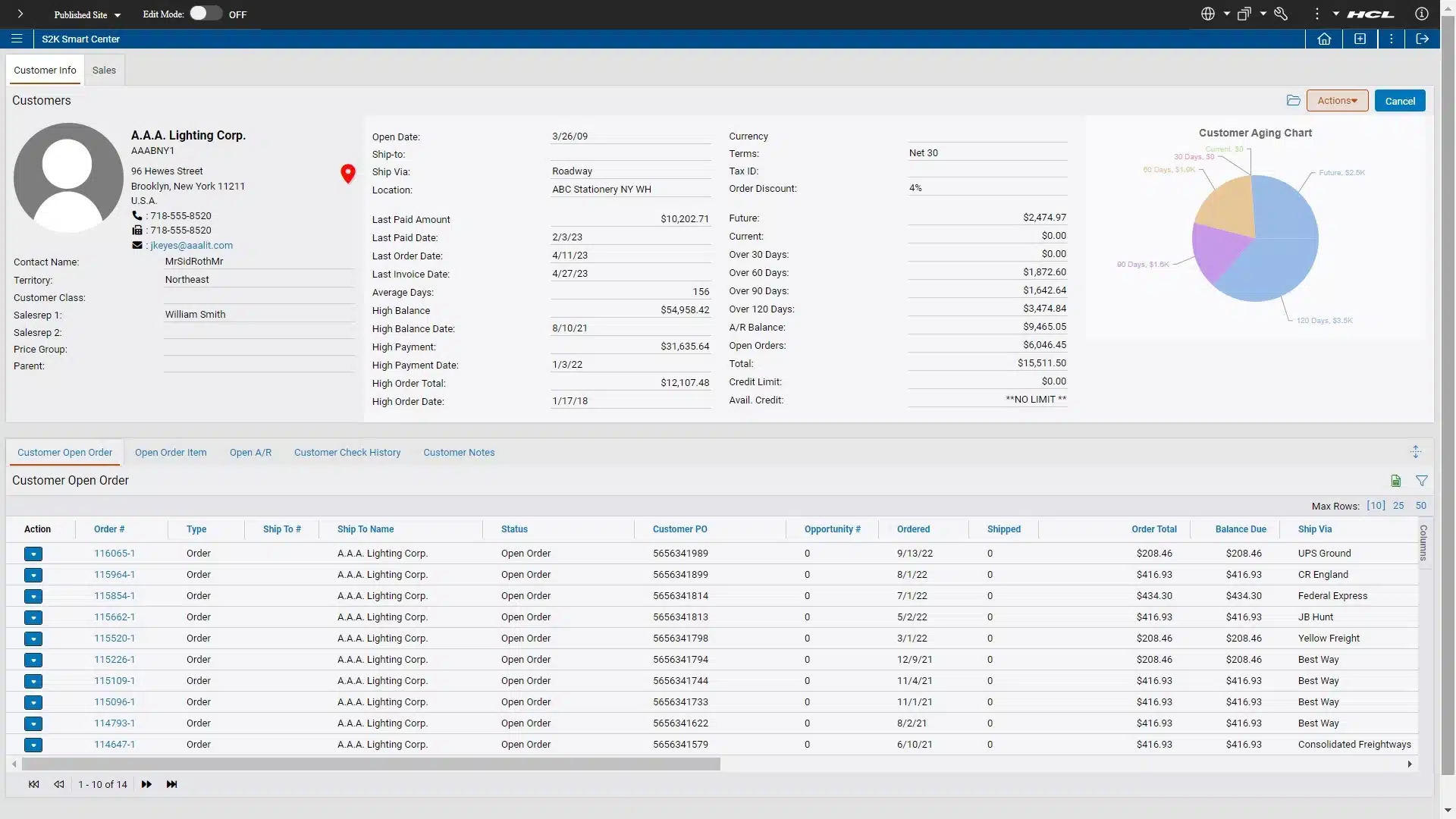
VAI S2K for the lumber industry features include:
- Advanced inventory management
- Order processing & customer management
- Warehouse & distribution management
| Pros | Cons |
|---|---|
|
|
5. Microsoft Dynamics
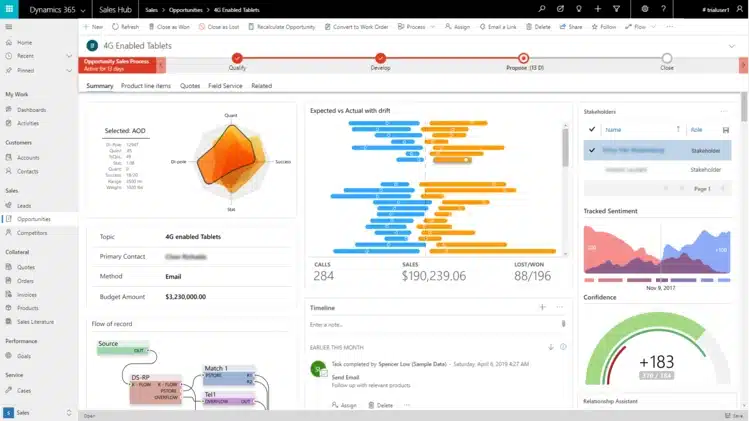
Microsoft Dynamics for the lumber industry features include:
- Business Intelligence (Power BI)
- Financial management
- Warehouse & inventory management
| Pros | Cons |
|---|---|
|
|
6. Infor
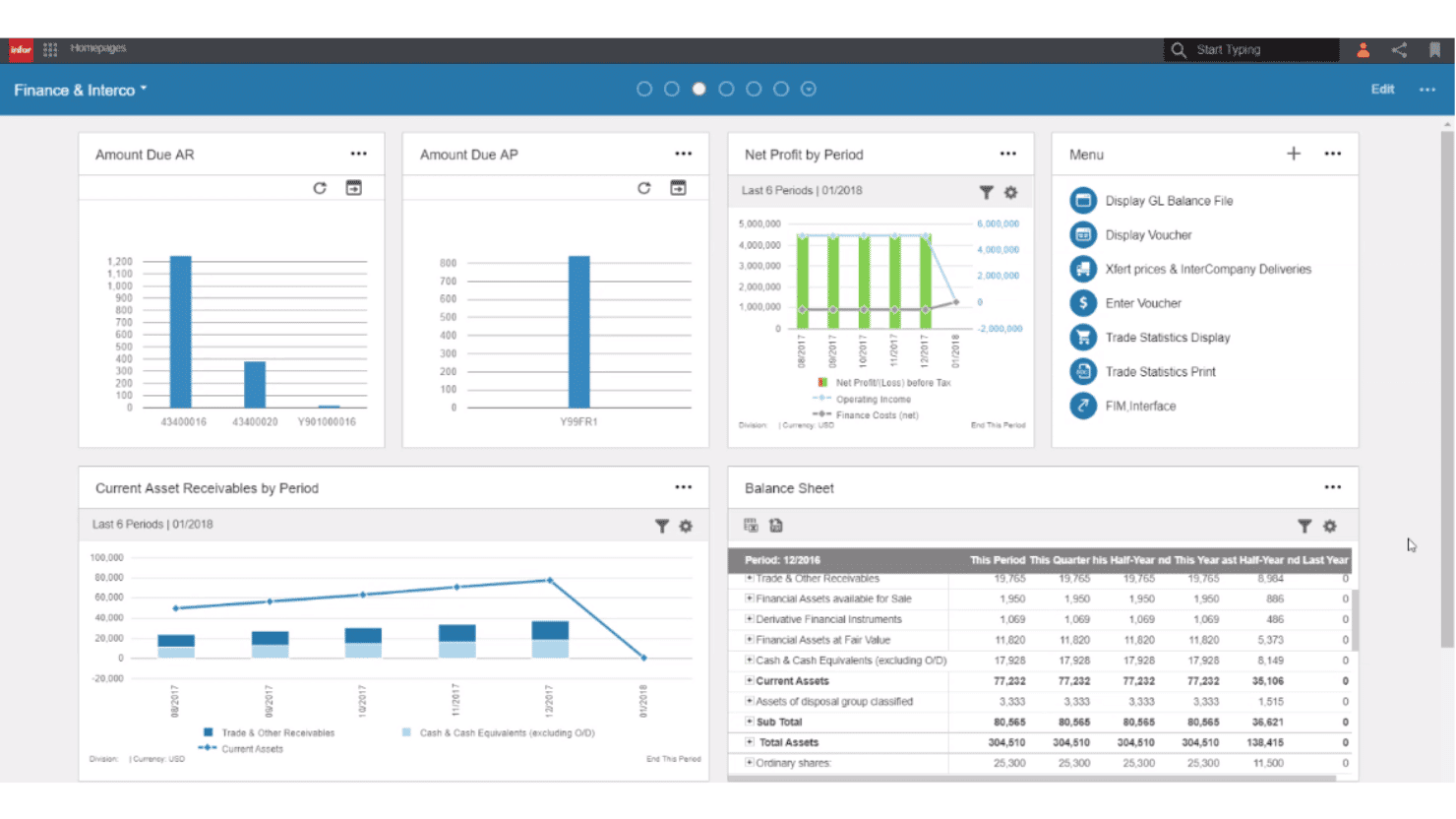
Infor ERP for the lumber industry features include:
- Inventory & yard management
- Lumber manufacturing & processing
- Analytics & reporting
| Pros | Cons |
|---|---|
|
|
7. Cetec
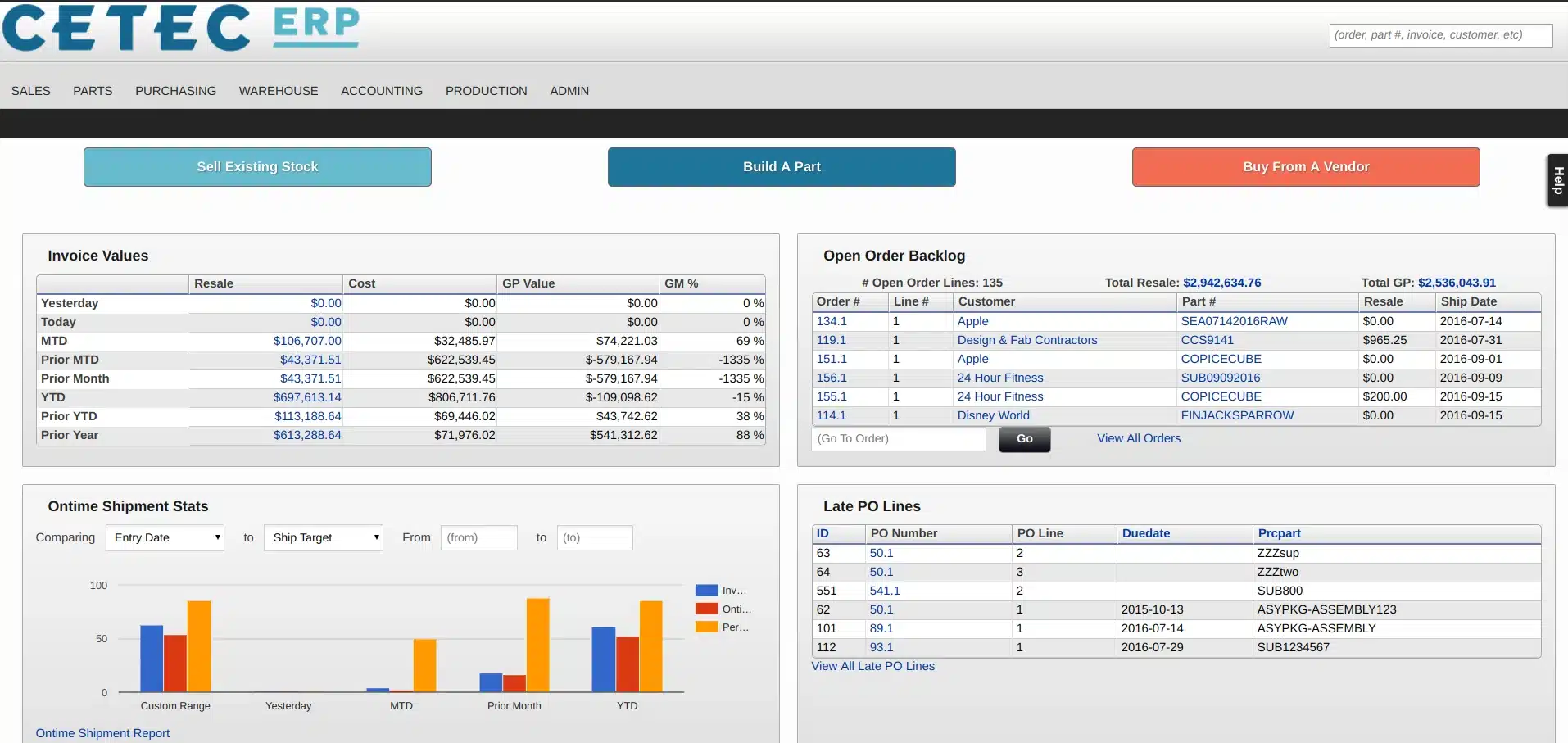
Cetec ERP for the lumber industry features include:
- Cloud-based access
- CRM and customer service
- Purchasing and vendor control
| Pros | Cons |
|---|---|
|
|
8. SAP S/4Hana
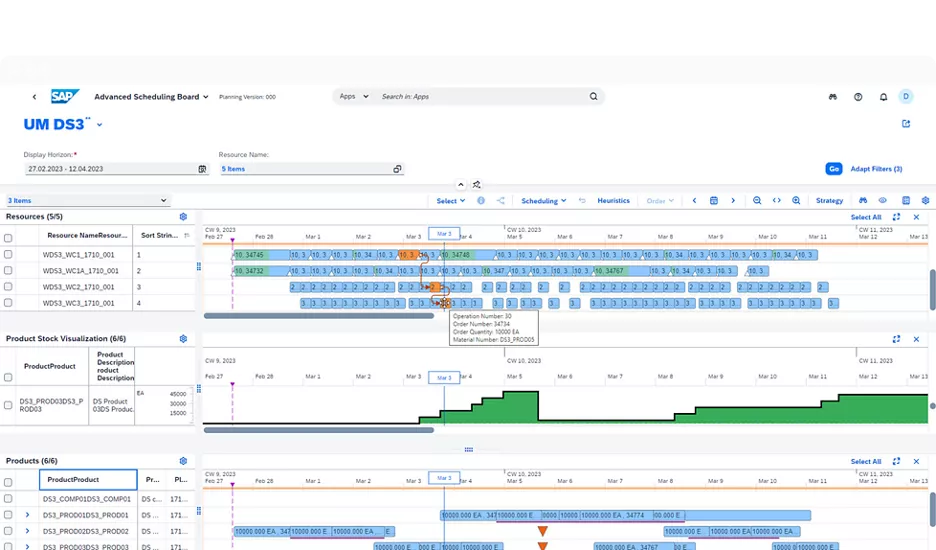
SAP S/4HANA for the lumber industry features include:
- Extensibility and integration
- Sales, distribution, and customer management
- Supply chain and logistics
| Pros | Cons |
|---|---|
|
|
9. JobBOSS²
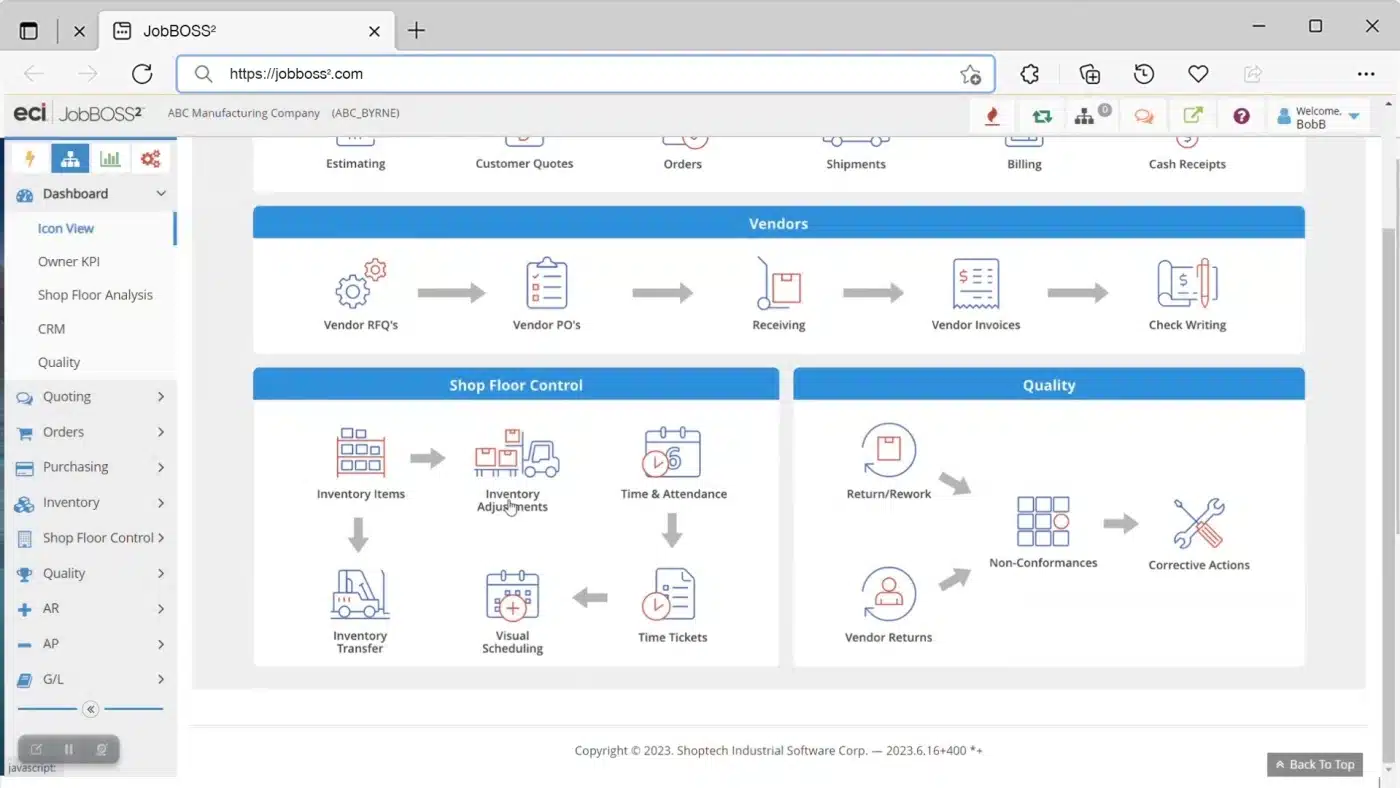
JobBOSS² for the lumber industry features include:
- Job tracking and custom orders
- Quoting and estimating
- Shop floor control
| Pros | Cons |
|---|---|
|
|
10. Global Shop
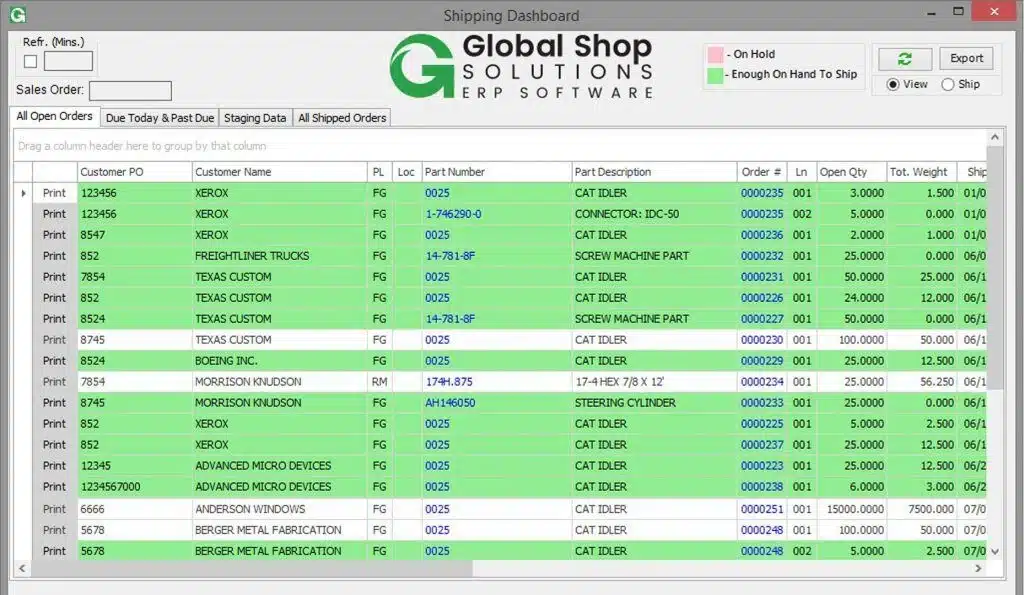
Global Shop for the lumber industry features include:
- Job costing and estimating
- Shop floor control
- Cloud or on-premise
| Pros | Cons |
|---|---|
|
|
Conclusion
The Philippine lumber industry can no longer rely on manual processes or disconnected systems. Implementing an ERP system tailored for lumber operations, whether in milling, distribution, or wood product manufacturing, can significantly enhance efficiency, accuracy, and profitability.
HashMicro ERP for the Lumber Industry helps your company minimize manual processes and automate lumber operations to enhance efficiency, accuracy, and profitability significantly.
Maximize your lumber business potential with automation and insights. Subukan ang isang libreng demo ng HashMicro na iniayon para sa merkado ng Pilipinas and see how it can transform your operations from the ground up!





















